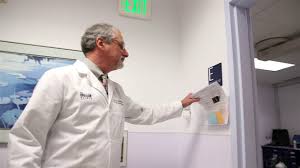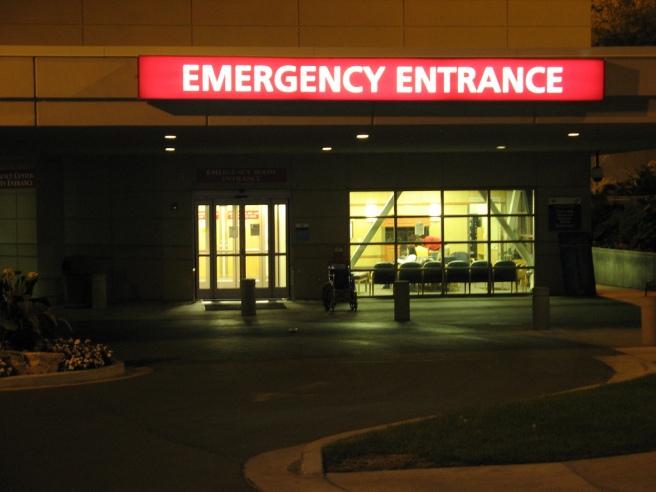
Written By: Allison Zahorcak
Believe it or not, family and internal medicine are often confused amongst patients and medical students alike. This is largely due to the fact that the patients these two fields oversee overlap. However, an internal medicine residency prepares students for an in-depth care of adults. Unlike family medicine, an internal medicine residency Baltimore prepares doctors for primarily outpatient care. As internists are trained with a deeper focus on sub-specialties, students who follow this path often find their residency is the beginning of a deeper sub-specialty.
For those who would like more in-depth training that includes the diagnosis of children, you can work with many programs to arrange secondary training on pediatrics. These students have even developed their own pet name, “med-peds.”
Who Should Apply for an Internal Medicine Residency
If the idea of family practice bores you and the rush of the intensive care unit is a bit too extreme, you are likely a great fit for an internal medicine residency program Baltimore. As internists approach things from a scientific aspect, those who enjoyed the research process may also find a career in internal medicine rewarding. In fact, many internists become the pioneers of their area by offering a sub-specialty that otherwise cannot be found in that geographical area. On the other hand, if you’re deeply involved with the ethics of practicing medicine, you may wish to look at other programs. Though internists are likely to have long-term patients, they are not family doctors and rarely form life-long relationships with their patients.
If you’re unsure whether an internal medicine residency Baltimore is the right fit for you, talk to your professors and advisers at school. You may be surprised by the insight they can offer you. Not only have they worked closely with you for three years, they can help you identify your major strengths and weaknesses.
Residency is no easy decision. The process can be stressful, time-consuming, and testing-but it’s well worth it. All the efforts you put into applying to residency help you further your career and prepare for the future.
To learn more your local internal medicine residency program Baltimore, visit: http://www.medstarhealth.org/.

